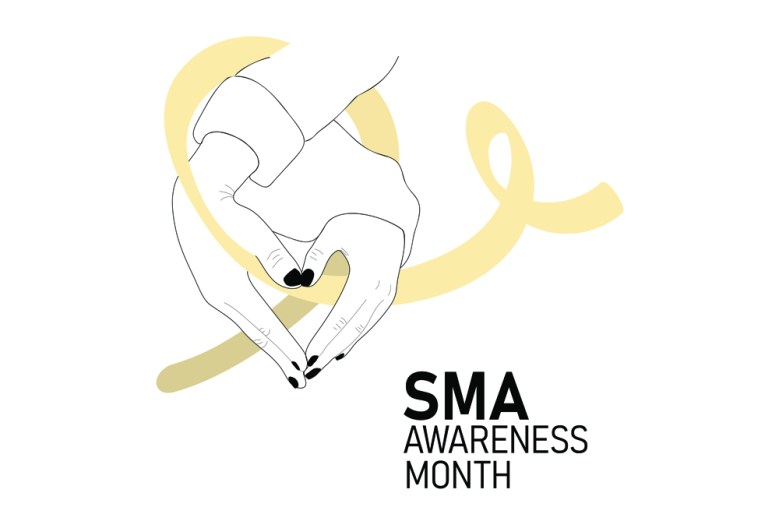Adults with spinal muscular atrophy (SMA) will be able to access Spinraza (nusinersen) on the Pharmaceutical Benefits Scheme (PBS), the first and only reimbursed treatment for this patient population in Australia.
About one in 6,000 to 11,000 people are born with SMA, a rare genetic disease caused by a shortage of a protein called survival motor neuron (SMN), that results in the loss of nerve cells in the spine, leading to progressive weakness of the muscles in the shoulders, hips, thighs, and upper back. For adults living with SMA the level of muscle weakness can be significant, including paralysis and difficulty with the most basic functions of life, like breathing and swallowing.
Brain and Mind Centre co-director at the University of Sydney, Professor Matthew Kiernan said SMA has a significant impact on the day to day lives of adults with the disease. “For adults with SMA this results in a loss of functional ability over time, with an increased risk of respiratory infections and increased hospital admissions. For many, it becomes a progressive battle against time to preserve quality of life and independence which can be distressing for themselves, their carers and family members,” he said.
Spinal Muscular Atrophy Australia chief executive, Julie Cini said the PBS listing is welcome news and means Australians living with SMA now have access to treatment regardless of age. “This was a highly anticipated decision the SMA community has been waiting for.”
Spinraza has been available on the PBS since June 2018 for children with SMA who present with symptoms prior to three years of age, and since 2020 for infants with pre-symptomatic SMA.
There are approximately 650 to 800 Australians living with SMA.

